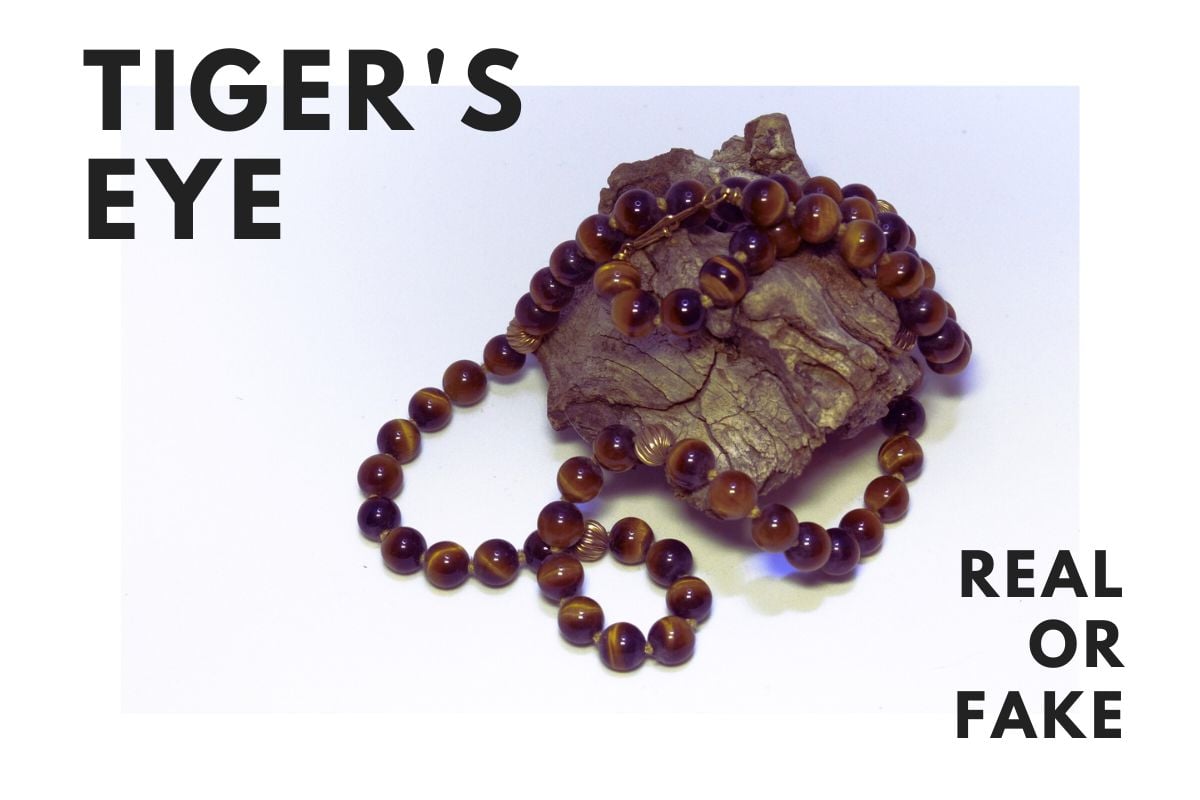You may have heard of blue light glasses or those special glasses that supposedly help reduce eyestrain while working with computers and other digital glasses. In the digital age, reading on digital devices has become the norm, and people are spending longer and longer hours on these devices. Do we know that UV light is a real threat against our eyes, but are blue light glasses truly useful? Let’s find out.
Table of Contents
How Can the Glasses Relieve Eyestrain?

Judging from the experts have to say about it, using blue light glasses isn’t an absolute necessity because blue light is a natural part of living with the sun. The sun emits blue light, and it has an important role in human life.
Blue light is responsible for stimulating humans, and its presence makes it possible for a person to be sharper and more awake. Secondly, blue light is linked with the circadian rhythm or the natural pattern associated with sleepiness and wakefulness.
In recent times, digital devices in people’s lives have extended the duration of people’s exposure to blue light and how much they are getting daily.

Cell phone is also a digital device of blue light exposure.
Logically speaking, if you are constantly using computers and digital devices, especially at night, you may be harming your natural sleepiness and wakefulness. If you feel that blue light may be causing disruptions in your sleep or struggling with falling asleep, then it may be time to take certain measures that will reduce the impact of blue light on your eyes and your circadian rhythm.
People indeed have different experiences with blue light and digital light, in general. Of course, we are certain that the more exposed you are, the higher the risk of damaging your sleep hygiene, which takes some time to reverse and repair.
There are also many testimonials, and reviews from users using a protective pair of glasses have improved their eyesight while using computers. They are in less pain after prolonged use of digital devices. Should you get a pair?
It depends on what’s happening at the moment. If you can’t help being in front of a monitor all day, or all night, protecting your eyes from blue light may be necessary. If you have special vision needs, you may want to ask your ophthalmologist or optometrist first about what they feel about blue light glasses.
Keep in mind that blue light glasses are a relatively new product in the market, and it will take some years before substantial researches will be done regarding their effectiveness. All we have right now are the experiences of the people who have worn these glasses and information from the manufacturers.
We believe that they are not so harmful that you can’t wear them to protect your eyes. We also believe that blocking excess blue light won’t harm your eyes. Still, there may be repercussions if your lifestyle exposes your eyes to digital devices constantly and daily.
Can It Help with Better Sleeping Quality?

Blue light glasses can potentially improve your sleep quality by reducing your exposure to blue light from different digital devices. We go back again to the fact that blue light is very stimulating, as it is associated with the sun’s natural rays.
When the brain senses blue light’s presence, it will activate neural pathways that are associated with being wakeful, as you need to get up in the morning. However, what do you do when you need to sleep in the morning instead of sleeping in the evening? How do you reduce the impact of blue light?
We believe that blocking blue light can help improve your sleep hygiene, to an extent. However, just using the glasses won’t be enough. You need to improve your sleep hygiene, on the whole, to get better sleep at night and to ensure that your eyes aren’t strained too much.
But don’t worry. Experts say that blue light does not bring any lasting damage to the eyes. They don’t prescribe anything to protect our eyes from blue light. However, it’s always best to be careful as we only have one pair of eyes.
Read more: Not Sleep Well? Crystal May Help! Check Out Which Crystals Can Help for Better Sleep?
Other Best Practices When Using Digital Devices
Digital eyestrain is very real, and if you want to prevent your eyes from being swollen for a couple of days, you have to follow the best practices when using digital devices.
- Make sure that the display is about 25 inches from your face. An arm’s length is necessary to protect your eyes from the bright light of modern LED monitors, too. The ideal angle is 10° to 15° (from the center of the display).
- Use a matte filter on your screen. Matte filters can also be placed on mobile devices. Matte filters have the bonus of being very smooth upon use, as these resist body oils naturally.
- Look at something that is about 20 feet away. Look away for no less than 20 seconds. If you can relax longer, do it.
- Every two hours you spend looking at any digital display, spend 15 minutes with your eyes rested.
- Consider dry eyes as a warning sign that your eyes are not working well. Use artificial tears
to moisturize your corneas.
- A dry environment is never good for the eyes. A humidifier may be able to help reduce incidences of dry eyes. Humidifiers are also good for persons suffering from asthma and allergies.
- Don’t use your digital display as the only light source in the room. The light in the room should always be brighter than your digital display. There is no way around this. Know that this practice can harm your eyes more than just plain blue light.
- If you have contact lenses, you may give your eyes a break using your prescription glasses instead. Note that prescription glasses will always be different from the computer or blue light glasses. There is no comparison.



